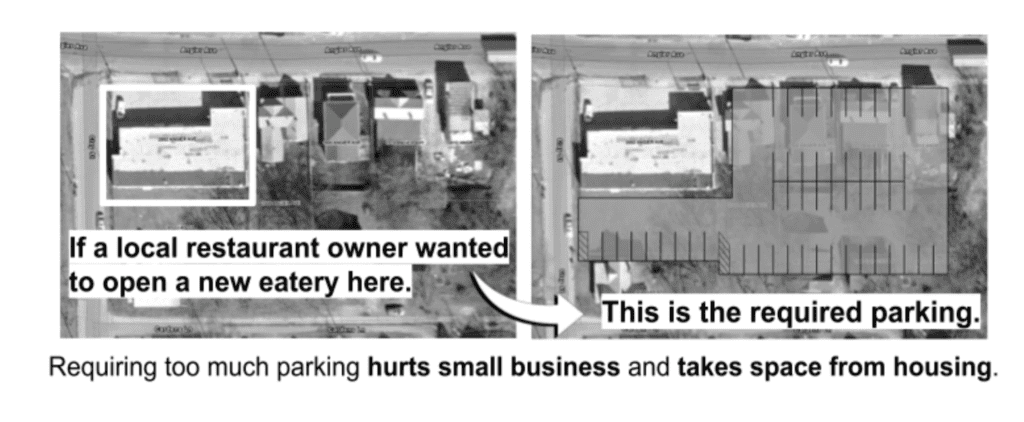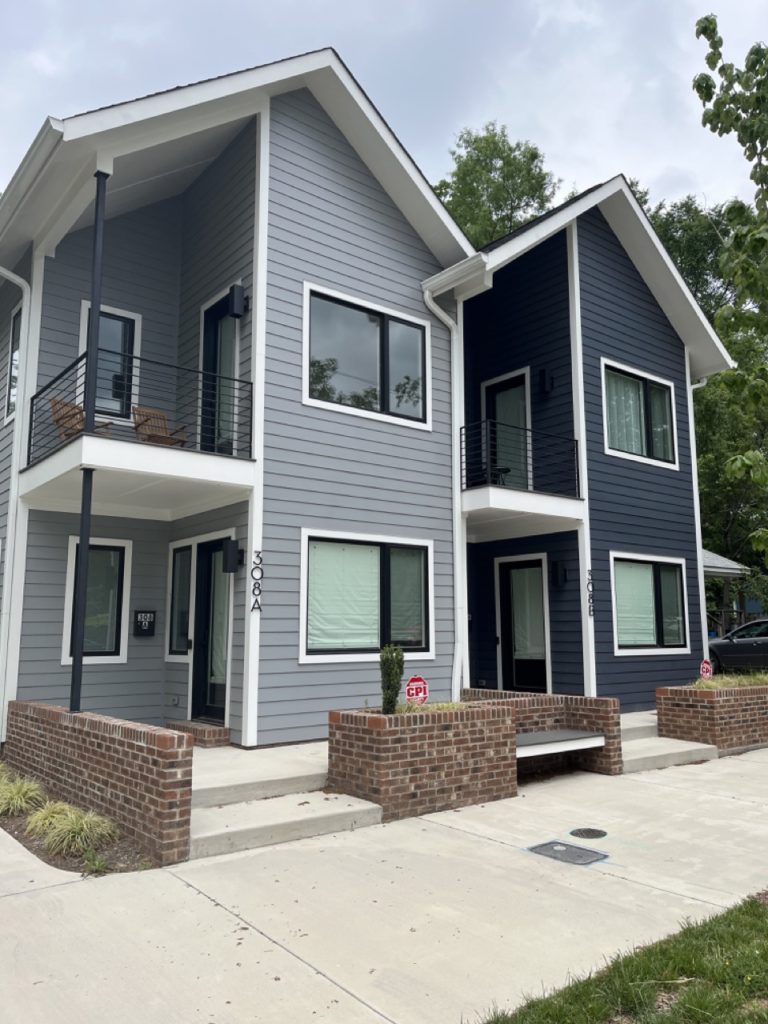Imagine you’re building a house. You assemble the materials, hire all the contractors, and leave things in the care of someone you trust to supervise its construction.
Six months later, you come back, and something’s not right. There’a a few rooms that are too small. The chandelier is in the wrong place. And, you were really hoping for a window on the back wall. It was in your plan, after all. Or so you thought.
What do you do? One approach is to start over, to demolish the house and hire someone who is better at building houses—or maybe following instructions. (Did you really remember to tell them about the back window? I’m sure you did.)
Another is to go back to the contractors and see if they can fix it. Remember that great carpenter? I’m sure she’ll be able to frame out a window. You can move the chandelier and patch up the drywall. Making a room bigger is tough, but perhaps there’s an addition you can spec out in the future.

Tonight, the Durham Planning Commission will be confronted with a similar choice when it considers a series of changes to its unified development ordinance (aka zoning). In North Carolina, municipalities can allow private citizens to propose zoning changes, which are then considered for adoption by elected officials and advisory boards.
Fixing zoning one page a time
These changes are being proposed by local builders who are currently working in Durham, including those who specialize in affordable housing. They’ve identified a few issues with the current zoning and development code that make it nearly impossible for them to construct the kind of infill housing that Durham desperately needs (and claims to want). Instead of complaining on a blog or on social media like us, they have submitted recommendations to the City Council, addressing and rectifying their most critical concerns. The proposed changes are highly technical. We will save you the trouble of muddling through them by describing the highlights:
- Eliminating parking minimums citywide.
- Making it easier to build for-sale affordable housing on small lots.
- Allowing churches to build more housing on their property.
All of the recommended changes are designed to increase the city’s supply of affordable housing.
Like Chapel Hill, Durham is rewriting its unified development ordinance (UDO) a process that takes several years, and often involves a wholesale rethinking of land use. For example, Charlotte just adopted a new zoning ordinance (after three years of debate), which won’t even go into effect until next year. While some of the builders’ proposed changes could potentially be included in Durham’s updated ordinance, it’s also possible the new ordinance won’t be adopted until 2025 or later. This is too long to wait for change.
If the Durham City Council chooses to adopt even some of the builders’ proposed changes, they’ll go into effect immediately. A staff memo notes:
[E]nacting far-reaching zoning changes in advance of a new UDO may be viewed through one of two perspectives: as premature or as an opportunity to test out the effectiveness of these ideas before they are incorporated into the new ordinance.
Basically, this question asks, is it better to make small changes now, or should we wait several years? Tonight’s hearing will begin this conversation in Durham. TBB will keep you posted on what happens next and if any lessons learned apply to the left side of the Triangle.


